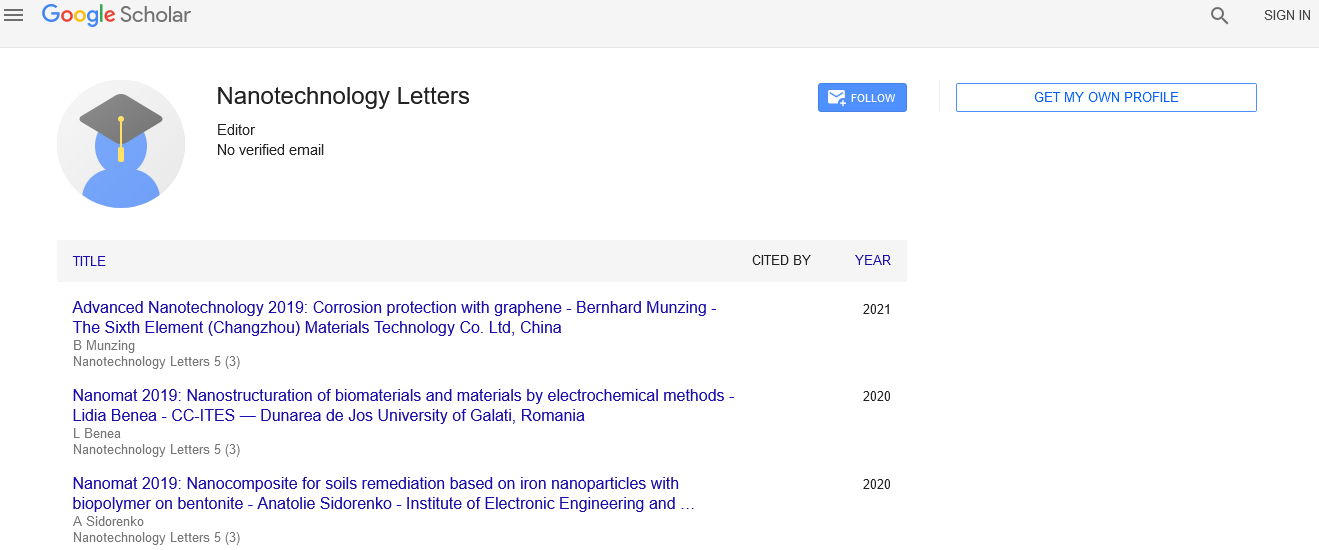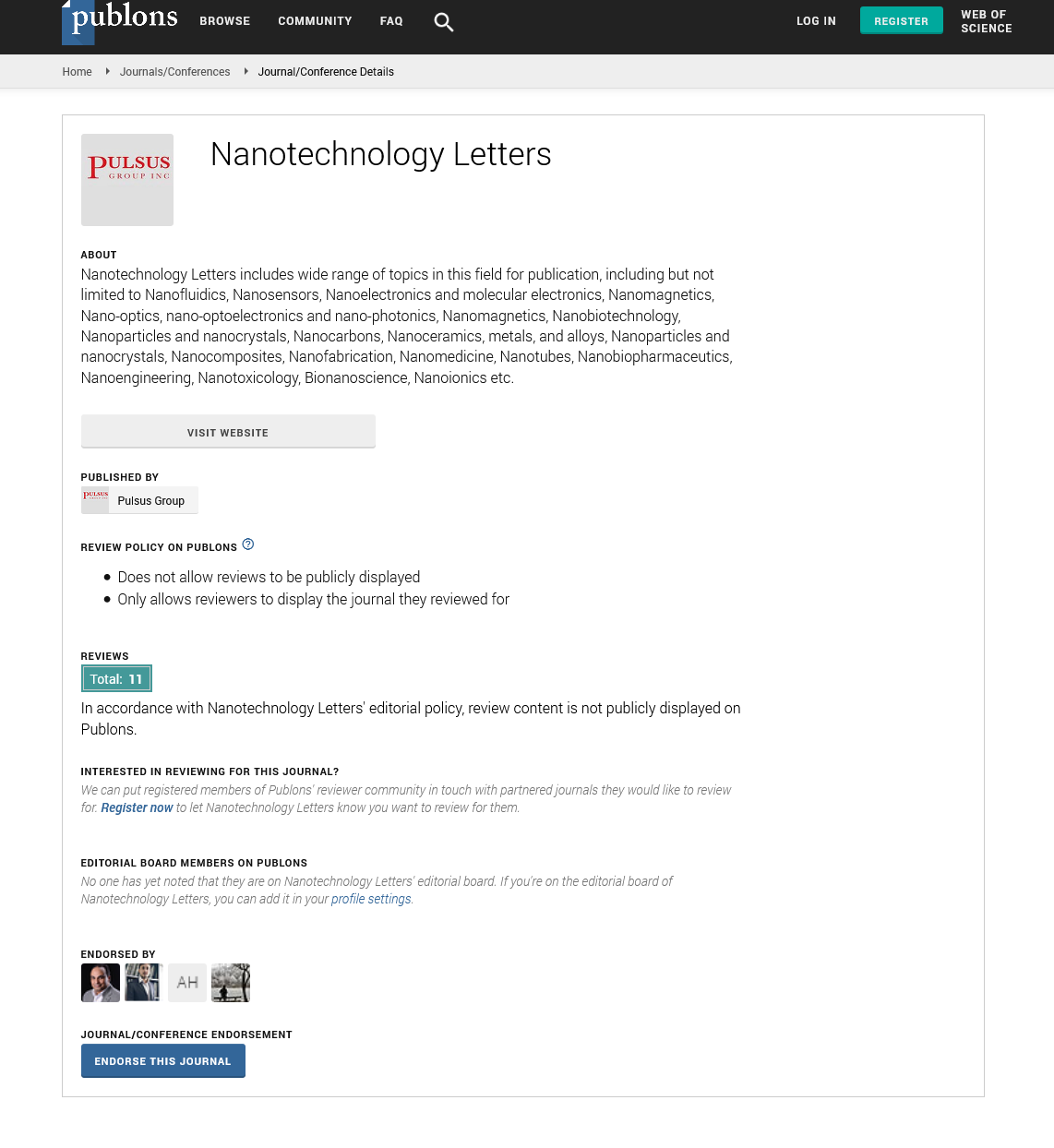
Sign up for email alert when new content gets added: Sign up
Abstract
Nanobiotechnology 2018: Leukocytes and drug-resistant cancer cells are targets for intracellular delivery by adenoviral dodecahedron - Marta Jedynak - Institute of Biochemistry and Biophysics, France
Author(s): Marta JedynakVirus-like particles (VLPs) are an attractive alternative to chemically synthesized nanoplatforms in development of novel carriers for targeted drug delivery. Adenoviral dodecahedron (Ad Dd), the symmetrical, small (28 nm) and non-infectious VLP, endowed with extraordinary ability for intracellular penetration through the receptor-mediated endocytosis followed by escape from the endosomes before reaching lysosomes. This results in cytoplasmic delivery of cargo molecules in a functional form. The chemical and genetic modifications allow for covalent attachment of cargo molecules or their insertion into particle structure without disrupting VLP integrity or penetration properties. The usefulness of Dd as a carrier for conjugated small molecules was already proven by targeted delivery of anticancer agents to hepatocellular carcinoma tumor in animal model, leading to inhibition of tumor growth. In the presented study we analysed delivery of doxorubicin conjugated to Dd (DdDOX). It was assessed in multidrug-resistant (MDR) human uterine sarcoma MES-SA Dx5 cells. The results of cytotoxicity tests attested the ability of Dd for circumvention of the Pglycoprotein 1 - mediated multidrug resistance mechanism. We demonstrated that efficient uptake of Dd-DOX conjugate in MDR cells leads to accumulation of drug in cell nucleus and significantly enhances doxorubicin cytotoxicity against target cancer cells. Furthermore, we demonstrated distinct Dd transduction efficiency for white blood cells, that could lead to the use of this vector for the transport of active molecules targeting leukocytes, in particular for in vitro testing of potential anticancer agents intended to treat leukaemia. The suitability of Dd for such application is supported by the lack of cytotoxicity of VLP in human peripheral blood mononuclear cells. The covalent attachment of doxorubicin to dodecahedron (Dd), enables efficient drug delivery and significantly enhances cytotoxicity in multidrug resistant cancer cells in vitro. Importantly, the affinity of Dd in human blood ex vivo is highly in favor of leukocytes, independently of their subtypes despite high representation of red blood cells and platelets. Thus, current results demonstrate that Dd is a promising vector targeting leukocytes and drug resistant cancer cells.





